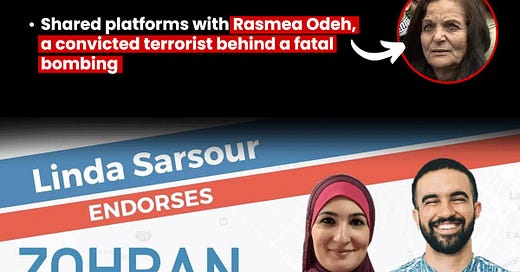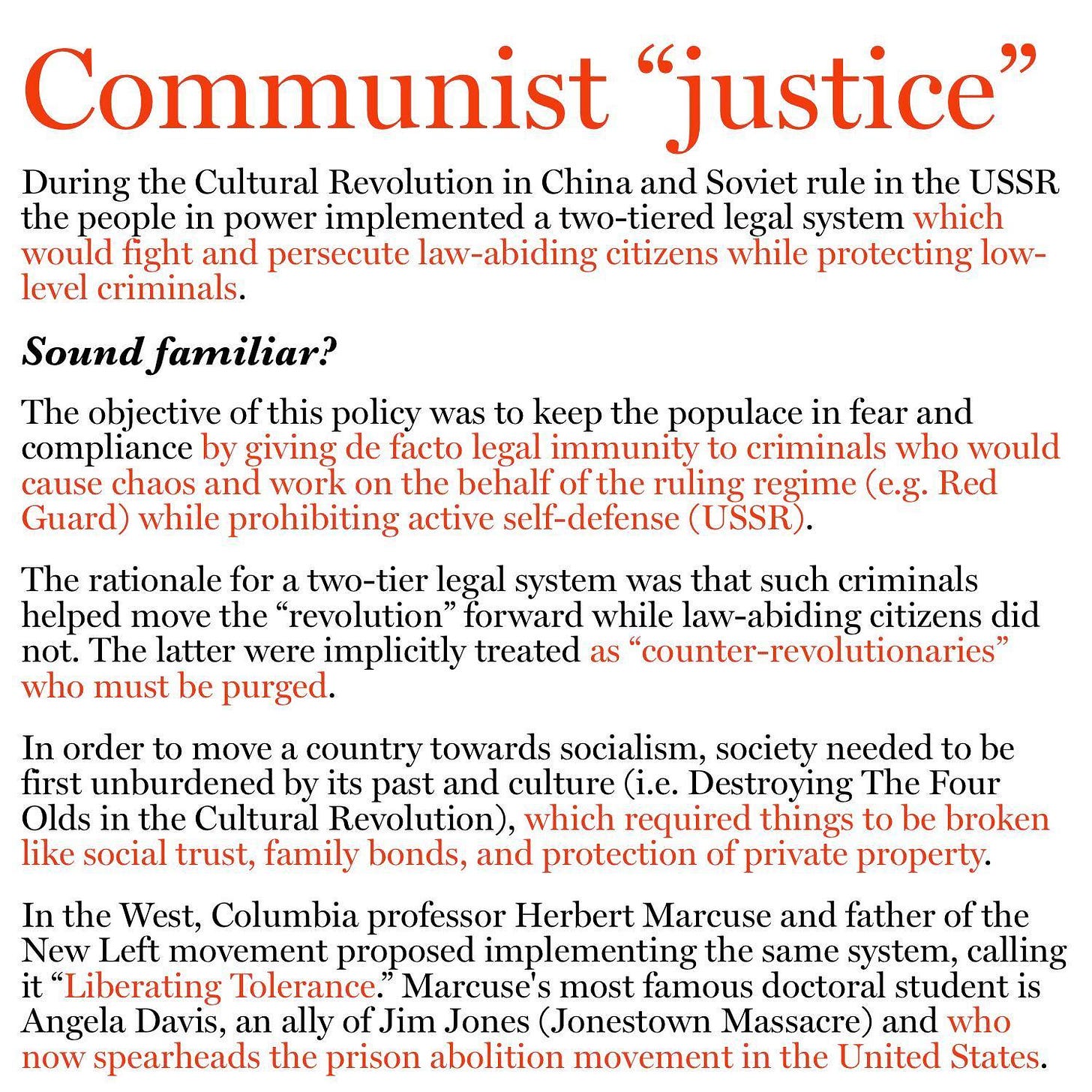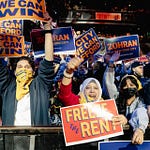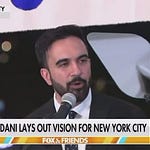This Sunday on NBC's "Meet the Press," mayoral candidate Zohran Mamdani did something revealing. He repeatedly refused to condemn the phrase "globalize the intifada." Not deflected. Not pivoted. Refused.
For those keeping score at home, this is the kind of moment that separates the posers from the real deal. When given multiple opportunities to distance himself from language that explicitly calls for violence, Mamdani chose silence. In politics, silence is a choice. And choices reveal character.
Let's Define Terms
"Globalize the intifada" isn't some abstract academic concept being debated in faculty lounges. It's a direct reference to two specific periods of Palestinian violence against Israeli civilians: the first intifada in 1987-1993 and the second intifada from 2000-2005.
During these periods, Palestinian groups carried out systematic campaigns of terror. Suicide bombings on buses filled with commuters. Attacks on cafes where families were eating dinner. Shootings at religious sites. The body count: approximately 1,000 Israeli civilian deaths and thousands more injured. Not soldiers. Not combatants. Civilians.
When activists chant "globalize the intifada," they're not calling for peaceful resistance or diplomatic solutions. They're explicitly invoking a model of violence that deliberately targeted innocent people for the crime of being Jewish. The word choice is intentional. The historical reference is clear. The implications are obvious.
The Permission Structure
Here's what Mamdani's handlers don't want you to understand: rhetoric creates reality. When political candidates refuse to condemn calls for violence, they're not just being politically cautious they're creating what security experts call a "permission structure."
In America, this matters because we have the largest Jewish population outside of Israel. When a candidate for mayor someone who would oversee law enforcement in a major city won't condemn language that explicitly calls for violence against Jews, he's sending a signal. Not just to his supporters, but to anyone looking for official sanction for their worst impulses.
This isn't theoretical. We've seen the real-world consequences of this kind of rhetoric. Synagogue shootings. Campus attacks. Street harassment. When political figures normalize language that dehumanizes Jews, it doesn't stay confined to foreign policy debates. It metastasizes.
The Mamdani Method
What makes this particularly insidious is how Mamdani packages his extremism. He's not some street corner agitator with a megaphone. He's a polished politician with an Ivy League pedigree and the right social justice credentials. He knows exactly what "globalize the intifada" means, and he knows exactly why he can't condemn it without alienating his base.
This is the new face of antisemitism in American politics—sophisticated, credentialed, and wrapped in the language of progressive activism. It's antisemitism for the NPR crowd, delivered with perfect diction and moral certainty.
Mamdani's refusal to condemn "globalize the intifada" isn't an oversight or a political miscalculation. It's a feature, not a bug. His base knows what he means. His donors know what he means. His opponents know what he means. The only people pretending not to understand are the journalists and political operatives who find it convenient to look the other way.
The Bigger Picture
This moment reveals something important about the state of American politics. We've created an environment where calling for violence against Jews is politically acceptable as long as it's framed as anti-Zionism or solidarity with Palestine.
But here's the thing about political violence: it doesn't stay neatly contained within ideological boundaries. When you normalize rhetoric that dehumanizes one group, you're normalizing the logic that can be applied to any group. Today it's "globalize the intifada." Tomorrow it's something else.
What This Means
Mamdani's performance on "Meet the Press" wasn't a gaffe or a missed opportunity. It was a choice. A deliberate decision to prioritize his political coalition over basic human decency. When given the chance to draw a line between legitimate political criticism and calls for violence, he chose not to draw that line.
That choice tells you everything you need to know about who Zohran Mamdani really is—and who he would be as mayor. In a city with the largest Jewish population in America, we cannot afford leaders who won't condemn rhetoric that explicitly calls for violence against Jews.
Anyone telling you this is about anything other than normalizing antisemitic violence is lying to you. The question is whether you're going to let them get away with it.

















Share this post